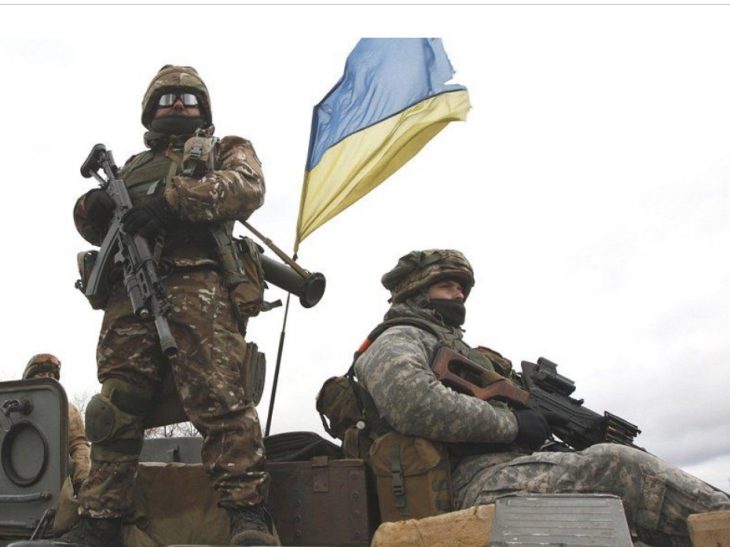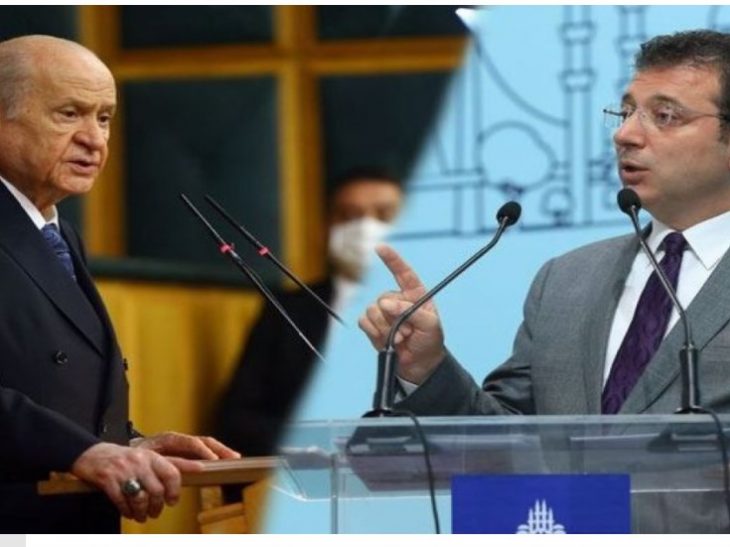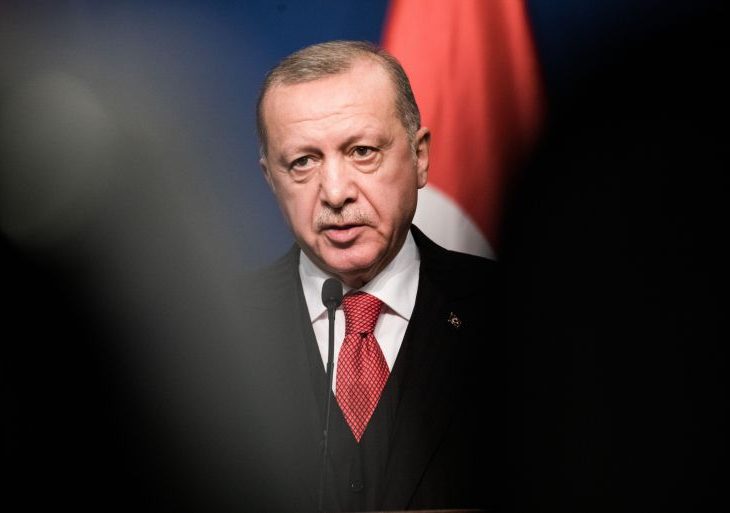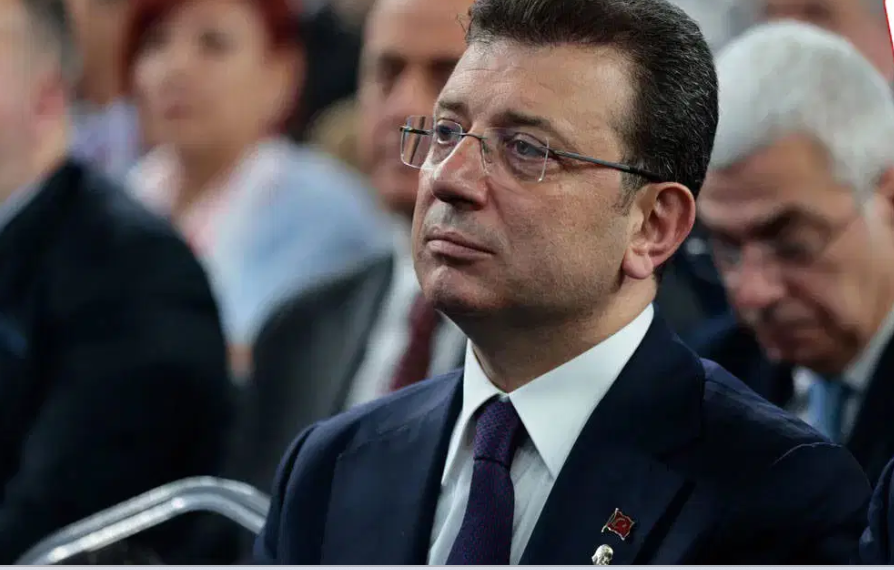EU Funding Set to Continue for Turkey Despite Crackdown on Opposition
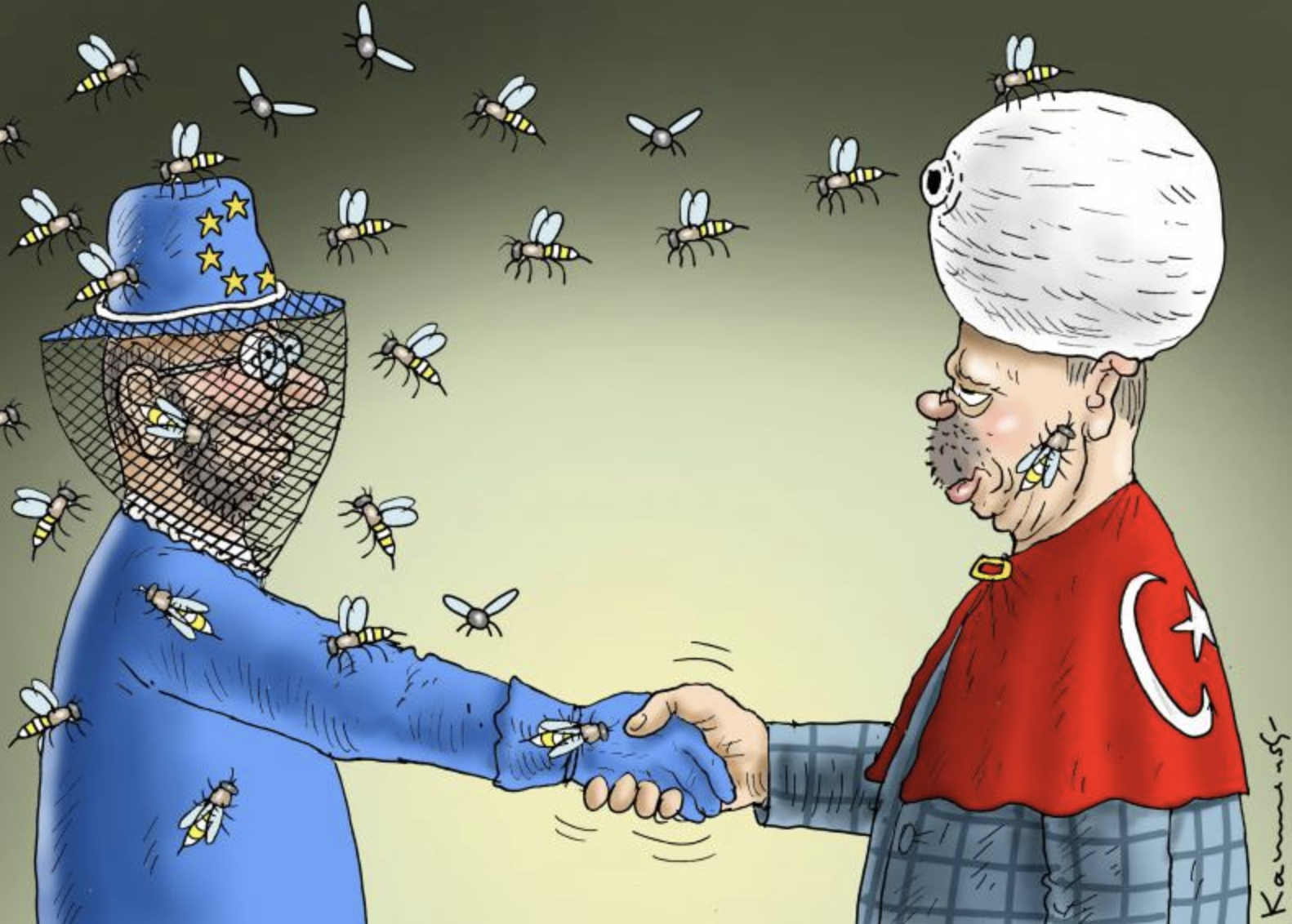 erdogan EU
erdogan EU
The European Union will likely keep channeling billions of euros into Turkey, despite President Recep Tayyip Erdoğan’s crackdown on political opponents, including last weekend’s arrest of opposition leader Ekrem İmamoğlu.
Brussels has formally urged Ankara to “uphold democratic values,” yet Turkey’s strategic significance in areas like migration, energy, trade, and defense makes any severe EU response unlikely. Dimitar Bechev, a lecturer at the University of Oxford, remarked that, as far as Erdoğan is concerned, “whatever he does, the EU will have to tag along with it.”
Two unnamed European officials told POLITICO that Turkey, as an EU candidate country, must respect democratic standards and that Brussels will address any breach. “We are following the evolving situation in Turkey with great concern,” one said. With over a thousand people in detention—including journalists—since protests began, the arrests clash with the essence of accession. But the second official noted that the EU’s ties with Turkey are too vital to drastically change course.
Turkey has long sought EU membership, applying in 1999. Talks have stalled, but the country still receives sizable accession funds. Ankara is also a beneficiary of nearly €9 billion for refugee support, and it’s poised to gain substantial funding for European defense industries.
Now serving as a key hub for oil and gas exports, Turkey has annual trade flows with the EU of more than €200 billion. Since Russia’s full-scale invasion of Ukraine, Ankara’s role in controlling access to the Black Sea and enforcing certain sanctions on Moscow has only boosted its importance. Some observers also see Turkey as a potential participant in any peacekeeping efforts in Ukraine.
According to Bechev, the EU was relatively comfortable with Turkey before İmamoğlu’s arrest because “there was just enough democracy.” However, recent events still don’t appear serious enough to shift that status quo.
Defense Funding as a Game-Changer
As a candidate member, Turkey has the potential to tap into up to €800 billion in EU joint defense procurements under the Readiness 2030 plan. Yet Greece and Cyprus, both long at odds with Turkey, want to restrict Ankara’s access. Their diplomats cite a legal provision allowing for exemptions under the security and defense policy of certain member states.
Nevertheless, Turkey—armed with NATO-trained forces and a large military-industrial sector—expects such objections to fall short. Former Turkish Ambassador to the EU Selim Yenel suggested that if “Europeans want Turkish participation in certain areas … then they will have to give access to Turkey.”
Yenel added that Turkey’s internal situation was grim, claiming “there is no law” in the country, yet “the EU needs Turkey,” so they’re unlikely to apply real pressure. Regarding EU norms and human rights, he said Erdoğan is only “playing lip service” to them.
Greece, Cyprus, and the Fine Balance
Meanwhile, Greece and Cyprus find themselves in a tricky spot. They had taken initial steps to normalize relations with Turkey before the current crisis. A senior Greek official told POLITICO they will join in condemning what is happening yet avoid being the main driver of pushback, admitting that Athens cannot go too far.
Cyprus also faces a predicament since Turkey seemed more conciliatory during recent informal negotiations over the Cyprus issue. Cypriot MEP Michalis Hadjipantela urged “effective pressure from the EU” and even proposed “targeted sanctions,” but acknowledged the need to stay open to cooperation. Otherwise, more harsh measures might only provoke Ankara into more “provocative policies.”



